How plant foods help you live longer
What is our biggest killer?
What is the biggest killer in our society? Is it suicide, substance abuse, violent attacks, or car accidents? These issues often receive major media coverage and sympathy, and rightly so. However they don’t kill the most people.
If we look at English-speaking countries like the country I live in, Australia, the largest single cause of death is the same – heart disease, or cardiovascular disease (CVD).
Consider these grim statistics:
Australia (data source: The Australian Heart Foundation):
- Cardiovascular disease (CVD) is the leading cause of death in Australia, killing one Australian every 12 minutes, and claiming the lives of 45,600 Australians (31% of all deaths)
- CVD prevents 1.4 million people from living a full life because of disability caused by the disease
- Lower socio-economic groups, Aboriginal and Torres Strait Islander people and those living in remote areas had the highest rate of hospitalization and death resulting from CVD in Australia
United States (data source: Centers for Disease Control and Prevention):
- About 600,000 people die of heart disease in the United States every year – 1 in every 4 deaths
- Every year about 715,000 Americans have a heart attack
- Coronary heart disease alone costs the United States $108.9 billion each year in health-related costs
United Kingdom (data source: British Heart Foundation):
- Coronary heart disease is the UK’s biggest killer, causing almost 74,000 deaths each year – that’s about 200 people dying every day.
- More than a quarter of the deaths from heart disease occur in people who are younger than 75 and experts say the majority are preventable
- About 1 in 3 adults in England and Scotland have high blood pressure, and nearly half of them are not receiving treatment for this
Heart disease – a global disaster
It is not only affluent English-speaking countries that have high rates of heart disease though. According to the World Health Organization (WHO), heart disease is a global problem. Of the top 10 leading causes of death worldwide, the number 1 is – you guessed it – cardiovascular disease.
Interestingly, when you compare the leading cause of deaths for low income countries to that of middle income, and especially high income countries, heart disease is more prevalent with a higher income . For low-income countries, Ischaemic heart disease (a disease characterized by reduced blood supply to the heart) ranks at number 4, accounting for 6.1% of deaths. By contrast, for high-income countries, Ischaemic heart disease ranks at number 1, accounting for 15.6% of deaths. This implies a relationship between diet and lifestyle of wealthier countries contributing to an increase in heart disease. Which leads us to the key lifestyle factors to help prevent heart disease.
7 Tips To Help Prevent Heart Disease
- Smoking – if you haven’t already, quit now!
- Body weight – if you’re overweight, stop overeating and start eating healthfully!
- Diet – follow a heart-healthy diet (see below)
- Use of sodium – reduce your intake, avoid salty foods and condiments
- Exercise – start exercising for at least half an hour every day
- Alcohol – minimize or quit consumption
- Stress control – do something to reduce your stress
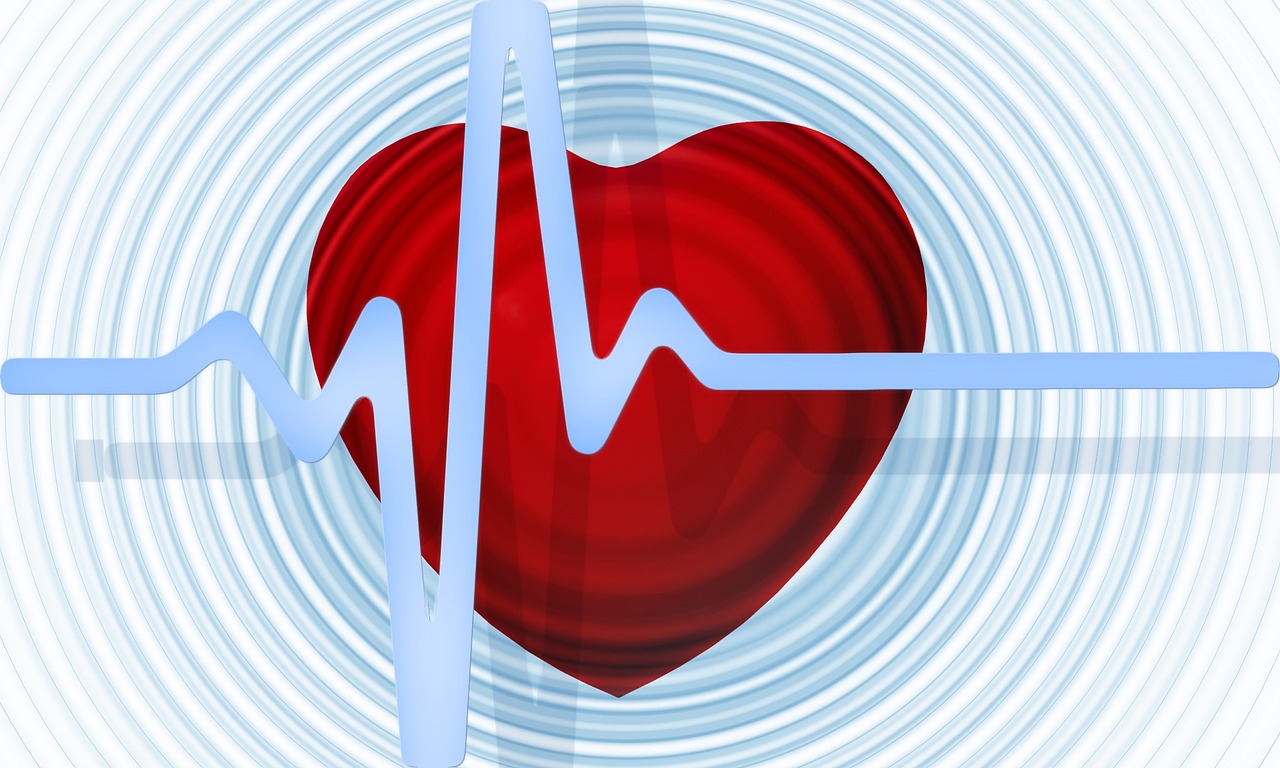
Heart-healthy diet
A heart-healthy diet is low in saturated fat, cholesterol and trans-fats, low in salt & sugar, and high in fibre-rich whole-grains (such as oats and barley), unsalted nuts (such as almonds and walnuts), legumes, soy products, beans, vegetables and fruit. Use fats sparingly, and include those found in whole foods such as raw seeds, nuts and avocado.
Of the 63% of deaths worldwide due to chronic diseases and conditions in 2008, poor diets were a major contributory factor according to the World Health Organization.
The national or regional rates for main types of diseases such as certain cancers, cardiovascular disease, obesity, and diabetes type 2, are considerably lower where plant-based diets are more common, compared to areas where animal-based diets are more prevalent.
Why plant-based diets are good at preventing disease
Mounting medical evidence shows that a plant-based diet supports longevity and good health. A balanced, varied whole-food plant-based diet protects health because:
- It’s high in fibre.
- It provides adequate protein for growth and repair.
- It’s high in antioxidants that are critical to neutralizing free radicals that cause aging and chronic disease, including cancer.
- It’s high in vitamins and minerals.
- It’s low insaturated fat that promotes heart disease.
Plant foods have a much lower concentration of calories than animal protein overall, which allows for more food volume without excessive weight gain.
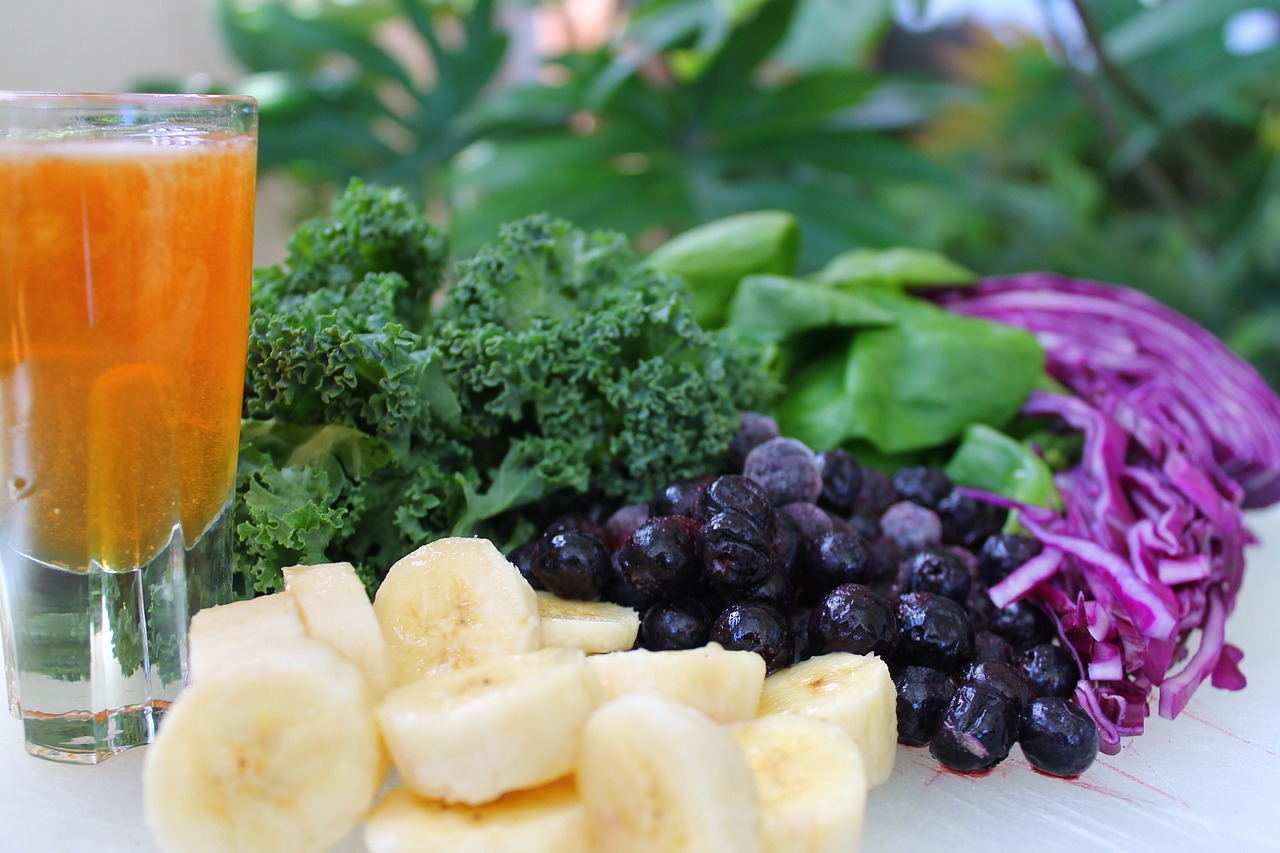
Medical studies show the power of plant food
Numerous studies over the last few decades have shown that people whose diets include a large intake of plant foods tend to have a lower risk of chronic disease. The reasons are many.
- Plant-based foods are naturally rich in antioxidants, which help eliminate free radicals that damage cells and cause chronic inflammation.
- Some people have genetic predisposition towards disease, such as chromosome 9p21, which has been identified as a major predictor of heart disease. Scientists from McMaster and McGill universities, both in Canada, have found that while people with this gene variant naturally have a higher risk of heart diseases; this risk is significantly reduced if they eat lots of raw vegetable and fruits.
- Plant based diets can also protect against the formation of blood vessels that feed cancerous tumors (angiogenesis). The American Institute for Cancer Research (AICR), published a report in February 2011 explaining how many cancers can be delayed or even prevented through a balance of regular physical activity and a plant-based diet.
- Dean Ornish’s research showed that eating a very low-fat, plant-based, vegetarian diet and other lifestyle changes could, in fact, reverse heart disease. Dr. Caldwell Esselstyn also succeeded in arresting and reversing heart disease in patients who were seriously ill.
- The Adventist Health Study-2 found that vegetarians had a lower risk of Type 2 diabetes and high blood pressure. Eating red meat (beef, pork, and lamb) is associated with increased rates of cancer and heart disease.
- The American Cancer Society recommends eating a healthy diet for the prevention of cancer “with an emphasis on plant foods.”
- There is compelling new research indicating that eating meat causes the bacteria in the gastrointestinal tract to produce a compound that may increase the risk of atherosclerosis (clogged arteries).

Study shows vegetarians live longer
A study published in the Journal of the American Medical Association (JAMA) shows that people who follow a vegetarian diet can enjoy an almost 12 per cent lower mortality rate than their meat loving counterparts.
Dr. Michael Orlich of the Loma Linda University Medical Center in California, the lead author of the study report, noted that vegetarian diets have clear beneficial effects in the prevention of chronic diseases and the improvement of longevity in humans.
More than 70,000 Seventh-Day Adventist participants were interviewed by researchers in this study. Those who identified as vegetarians were categorized included vegans (eating nothing but plant foods), lacto-ovo vegetarians (eating plant-foods as well as dairy products and eggs), and semi-vegetarians (eating mostly plant-foods but also some animal products like fish and poultry).
Over a six-year period researchers followed the study group to determine differences in mortality. They found that over a one year period five to six per 1,000 vegetarians had died compared to seven per 1,000 meat eaters. Importantly, this study yet again confirms that people who eat mostly plant-based foods are less likely to develop chronic diseases like heart disease, diabetes and certain forms of cancer.
“Vegetarian diets are associated with lower all-cause mortality and with some reductions in cause-specific mortality,” the authors concluded.
According to an article published in the Melbourne ‘Age’, nutritionist and health author Dr Rebecca Harwin says that the consumption of meat increases inflammation in the body and is the cause behind many of our modern day diseases.
“The chance of falling victim to one of our major killers such as cancer, cardiovascular disease and diabetes can be increased for meat eaters due to their exposure to hormonal disrupting toxins and potentially harmful bacteria,” she says. “Increased consumption of processed meats and fatty red meat can largely be to blame.”
On the flip side, the Age article continues, a vegetarian diet consisting of a variety of fruit and vegetables boosts valuable antioxidant levels; which assist in combating inflammation. Add to this a higher intake of complex carbohydrates, dietary fibre and other vitamins and minerals and it is easy to understand the results from this study.

Prevent cancer with diet
As Dr Joel Fuhrman advises, a hormone called IGF-1, (insulin-like growth factor 1) promotes the ageing process, and the growth, proliferation and spread of cancer cells. Elevated IGF-1 levels are linked to increased risk of several cancers. On the positive side, reduced IGF-1 in adulthood is associated with reduced oxidative stress, decreased inflammation, enhanced insulin sensitivity and longer lifespan.4
As Dr Fuhrman says:
“Since the primary dietary factor that determines IGF-1 levels is animal protein, the excessive meat, fowl, seafood, and dairy intake common in our society elevates circulating IGF-1. Refined carbohydrates, like white flour, white rice, and sugars can also raise IGF-1 levels, because they cause rapid increases in insulin levels, leading to increases in IGF-1 signalling.”
So what is a healthy diet to help prevent cancer? Well, it’s no surprise to me that it includes the following recommendations:
- Eat lots of fruit and vegetables, soy, legumes, whole grains, beans
- Maintain a healthy weight and lose excess fat if overweight
- Exercise regularly – at least 30 minutes per day
- Reduce consumption of red meat (such as beef, pork and lamb) and avoid processed meats.
- Avoid or minimize alcohol consumption
- Limit consumption of salt and salty foods
- Avoid sugary drinks – drink water instead
- Don’t use supplements to protect against cancer
Source: World Cancer Research Fund
Sound familiar? A healthy, varied plant-based diet, in conjunction with other positive lifestyle practices, is best to protect against both cancer and heart disease.
NOTE: *Please see your doctor for advice or treatment for cancer or any other illness.
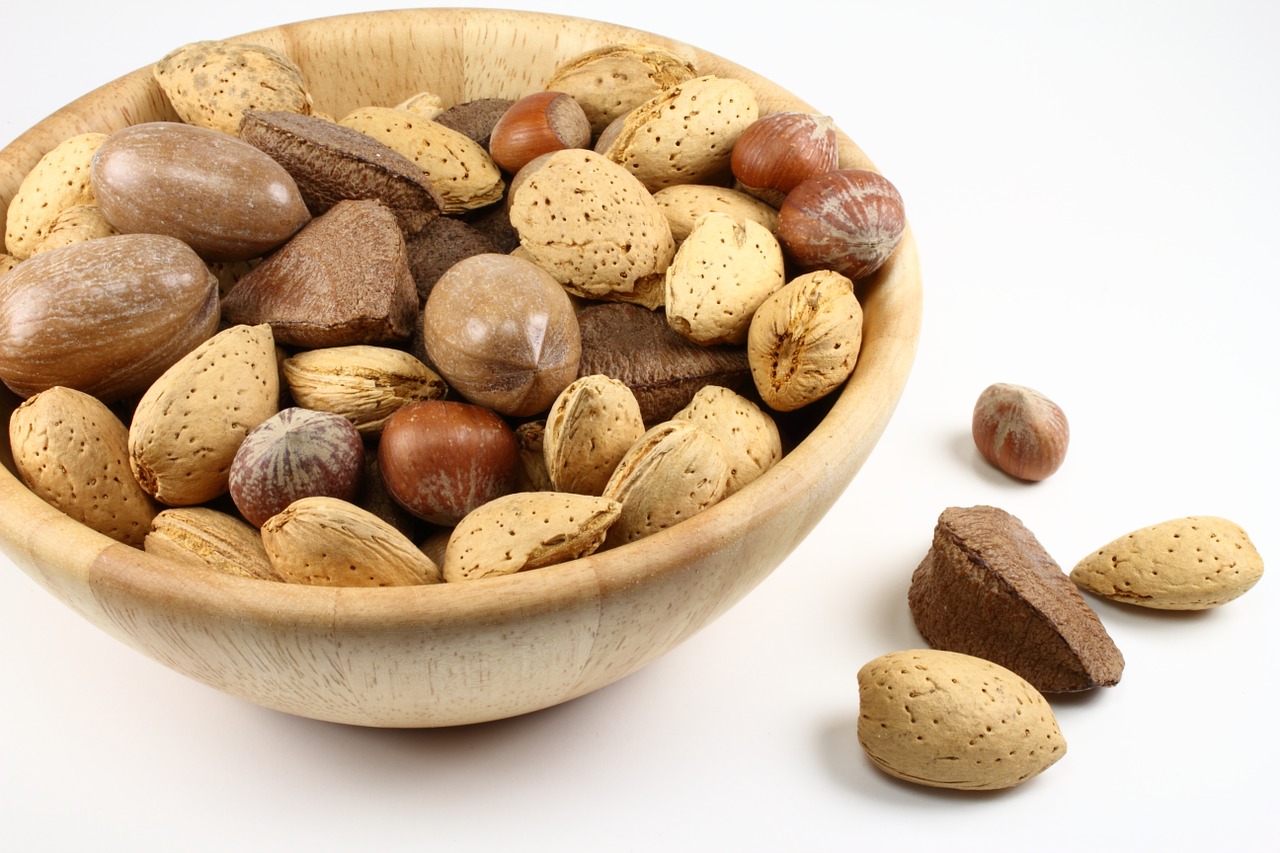
Nuts, vegetable protein and vegetable fat all help to lower cancer risk
I knew that there was a reason my 3 daughters (and son) love peanut butter and jam (jelly if you’re American) on toast!
A study published in Breast Cancer Research and Treatment in September 2013 shows that girls who ate peanut butter or nuts regularly from the ages of 9 to 15 were less likely to develop benign or non-cancerous breast disease by the time they were 30 years old.
Researchers from the Washington University School of Medicine and the Harvard Medical School followed over 9,000 American girls through their pre-teen and teen years to see if any had been diagnosed with benign breast disease (BBD); a risk factor for breast cancer. The researchers found that girls who ate peanut butter twice a week were 39 percent less likely to be diagnosed with BBD.
Leena Hilakivi-Clarke, a professor of oncology at Georgetown University, said that a number of earlier studies on diet and breast cancer risk have determined “that what a girl eats during childhood can have a permanent protective effect on her breast cancer risk later on.”
Researchers investigated whether vegetable protein and fat, derived from diets reported during pre-adolescence and adolescence, are associated with a lower risk for BBD in young women. This study found a lower risk for benign breast disease (BBD) is linked not just to peanut butter, but also to higher intakes of vegetable fat and nuts during high school. The greatest sources of vegetable fat and protein in these girls’ diets were peanut butter, peanuts, nuts, beans, lentils, soybeans, and corn. A daily serving of any one of these was associated with lower risk of contracting breast cancer.
“These findings suggest that peanut butter could help reduce the risk of breast cancer in women,” said senior author Graham Colditz, associate director for cancer prevention and control at Siteman Cancer Center at Barnes-Jewish Hospital and Washington University School of Medicine.
Eating nuts to lower cholesterol and risk of heart disease
It is no surprise that eating nuts also reduces the risk of coronary heart disease. Nuts have lots of protein, fiber, healthy monounsaturated fats, vitamins, nutrients, and antioxidants. And many studies have shown that nuts have powerful cholesterol-lowering effects.
According to a statement by the US FDA, “Eating a diet that includes one ounce of nuts daily can reduce your risk of heart disease.”
As long as you don’t have a nut allergy, raw, unsalted seeds, nuts and nut butters (in small quantities, eaten with healthy meals) should form a staple part of your heart-healthy diet.
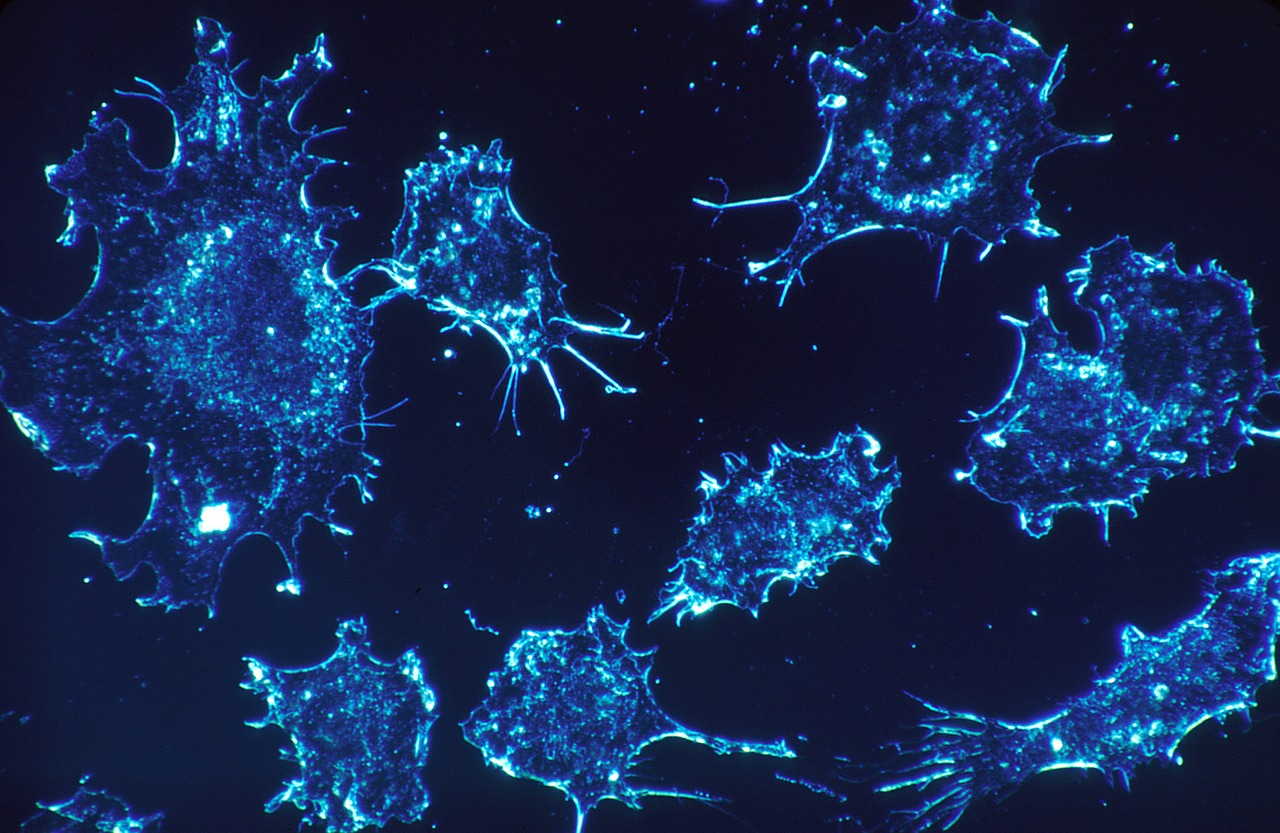
6 ways to prevent cancer
Researchers with the Physicians Committee for Responsible Medicine recently published six dietary guidelines for cancer prevention in the Journal of the American College of Nutrition.
The six dietary recommendations to reduce risk of several types of cancer are:
- Limit or avoid dairy products to reduce risk of prostate cancer.
One glass of milk each day increases risk of prostate cancer by 10 percent. Consuming two glasses of milk each day increases risk of prostate cancer by 60 percent.
- Limit or avoid alcohol to reduce cancers of the mouth, pharynx, larynx, esophagus, colon and rectum, skin, and breast.
One drink per week increases risk of mouth, pharynx, and larynx cancers by 24 percent. Two to three drinks per day increase risk of colorectal cancer by 21 percent.
- Avoid red and processed meat to reduce risk of cancers of the colon and rectum.
Each 50-gram daily serving of processed meat, equivalent to two slices of bacon or one sausage link, increases risk of colorectal cancer by 21 percent.
- Avoid grilled, fried, and broiled meats to reduce risk of cancers of the colon, rectum, breast, prostate, kidney, and pancreas.
Certain heterocyclic amines (HCAs) are associated with cancer of the colon and rectum. HCAs form in cooked skeletal muscle, increasing with higher cooking times and higher temperatures. When ingested, HCAs can disrupt DNA synthesis.
- Consume natural soy products, such as edamame, to reduce risk of breast cancer.
A global study shows women who consume 11 grams of soy protein each day reduce risk for both premenopausal and postmenopausal breast cancer by about 30 percent.
- Eat a variety of fruits and vegetables to reduce several forms of cancer.
The fiber and phytochemicals available in fruits and vegetables, especially leafy greens, help reduce overall cancer risk—while a Western diet (high amounts of meat and fat with minimal amounts of fruits and vegetables) doubles the risk.
Thanks to PCRM for this list.
The point with following a plant-based diet is not just a longer life, but one marked by less obesity, less disease, and more enjoyment of all the things in life that are not just good, but good for you.
Tom Perry

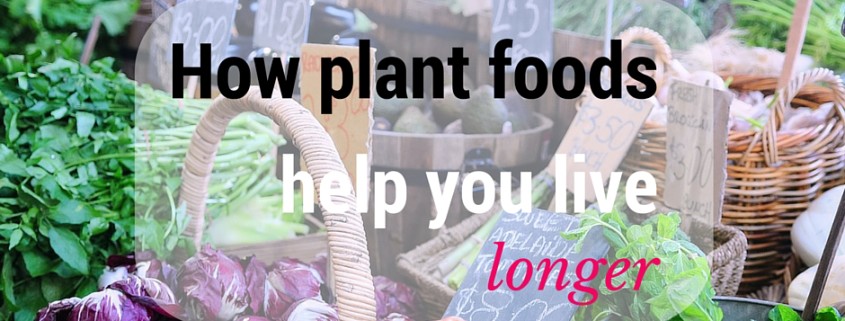
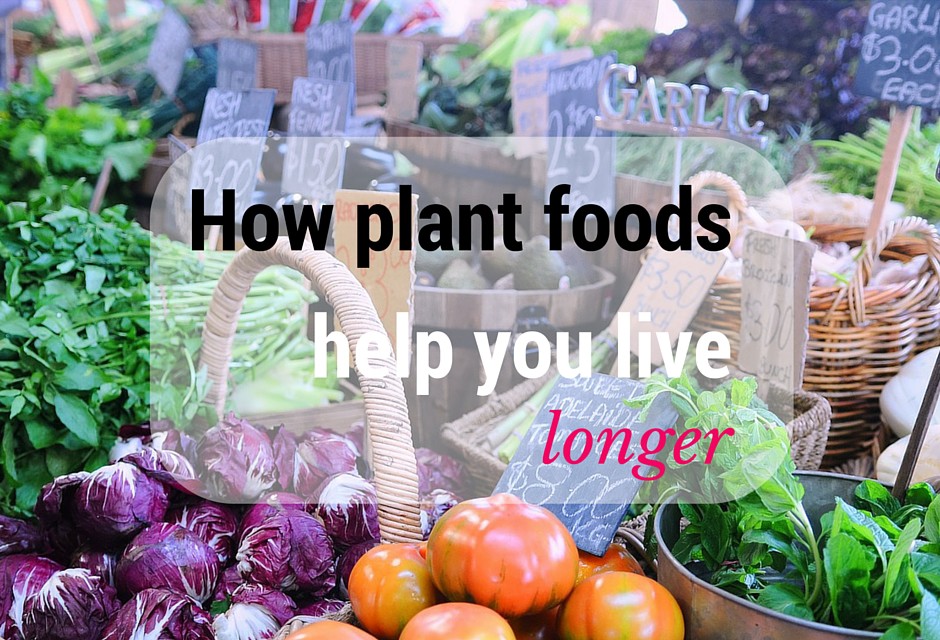


Trackbacks & Pingbacks
[…] in dietary terms means not just cutting down, but cutting out foods that are detrimental to your health and weight loss goals, and especially foods that you simply don’t need. Foods such as animal fats, animal products, […]
[…] which has been shown in many studies to reduce blood cholesterol levels, thus reducing the risk of heart disease. The intake of the equivalent of three grams of oat fibre (in one bowl of oatmeal) daily […]
Leave a Reply
Want to join the discussion?Feel free to contribute!